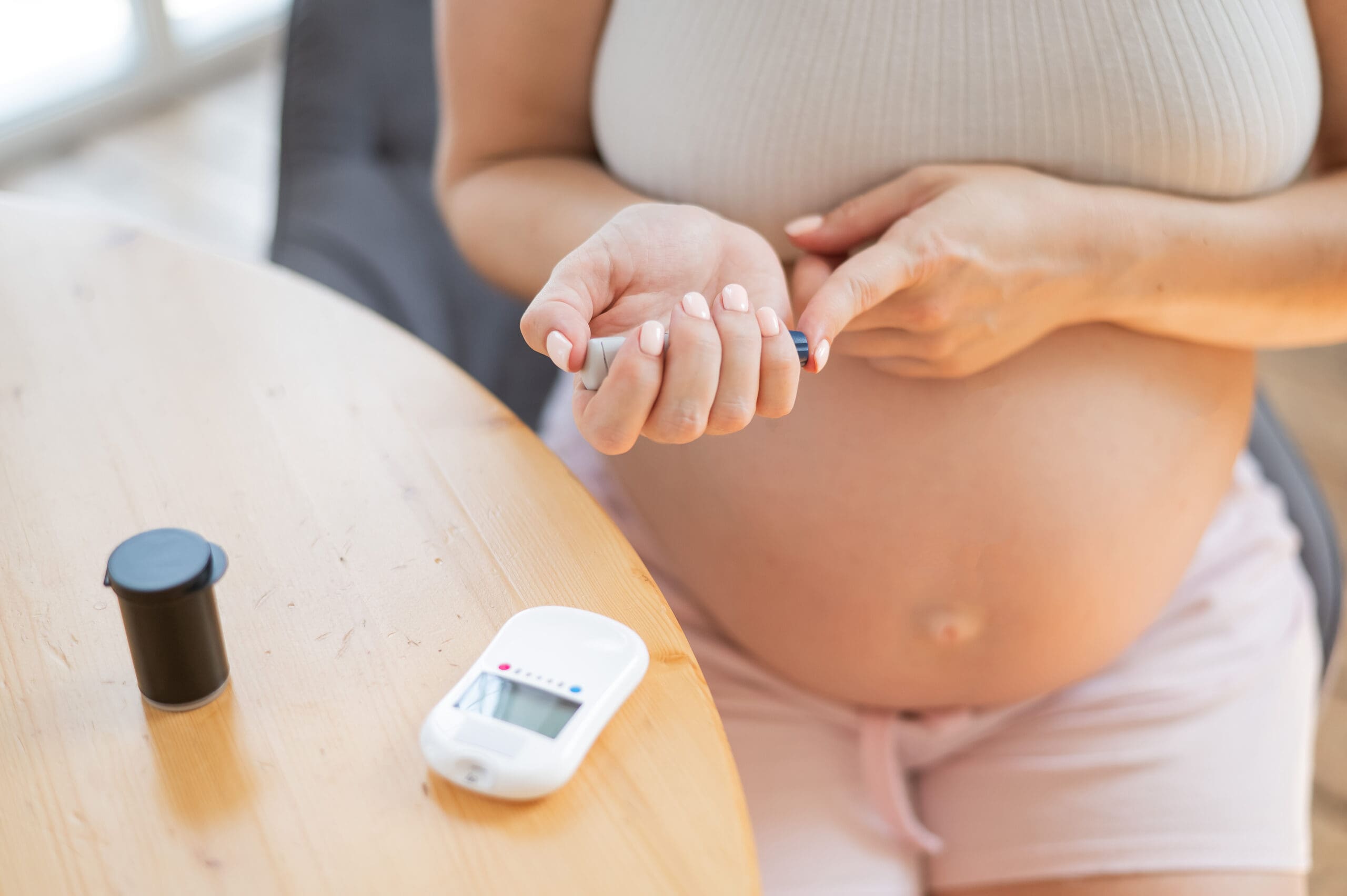Women experience depression about twice as often as men.
There are several hormonal factors that predispose women to depression, including menstrual cycle changes, pregnancy and the postpartum period, as well as menopause.
Depression is a very common symptom of having an under active thyroid gland. According to the Thyroid Society, approximately ten to 15 percent of people with depression have an undiagnosed thyroid hormone deficiency.
As well as feeling depressed, hypothyroidism typically leads to fatigue, lethargy, a leaden feeling in the limbs, lack of motivation and lack of libido. Unfortunately these symptoms often persist for many years before they are traced to an under active thyroid. Obviously there are many possible causes of depression, and thyroid disease is only one of them. If you do experience these symptoms it is vital you see your doctor because depression can be effectively treated; there is no need to continue suffering.
Dr Cabot has written a book called Help for Depression and Anxiety, which thoroughly addresses the numerous potential causes of mood disorders.
If you are suffering with depression and think it may be related to your thyroid, the following points may help you:
- Have a thyroid function blood test. The ideal level of the hormone TSH is between 0.50 and 2.5 mIU/L. According to research, this range may be necessary to effectively alleviate depression and other symptoms of hypothyroidism in most people.
- Make sure you also have a blood test for free T4, free T3 and thyroid antibodies. This is a much more reliable indicator of your thyroid hormone levels. Some people have difficulties converting inactive thyroid hormone (T4) into its active form (T3). This can cause all the symptoms of hypothyroidism but would never be detected if only TSH is tested. Most cases of hypothyroidism are caused by autoimmune disease (Hashimoto’s thyroiditis), and that’s why it’s important to check for thyroid antibodies. If they are present, we need to work on improving the health of the immune system, digestive system and liver. Just normalising thyroid hormone levels will not make you feel much better if you haven’t addressed the autoimmune component of the disease.
- Have a blood test for reverse T3. This is an inactive form of the thyroid hormone T3. People with high reverse T3 can suffer with depression, fatigue and all the symptoms of hypothyroidism. Reverse T3 can become too high if you’re selenium deficient; if you have insulin resistance, are trying to lose weight on a very low calorie diet, or as a side effect of some medications.
- Try T3 hormone supplementation. Many people find that their depression improves when they take T3 in addition to T4 hormone replacement. This requires a doctor’s prescription.
It’s important to think about why you developed a thyroid condition in the first place; most of the time autoimmune disease and nutrient deficiencies are to blame. There’s a lot that can be done to address these problems.
For additional help with a thyroid condition, see our book Your Thyroid Problems Solved.









Leave A Comment